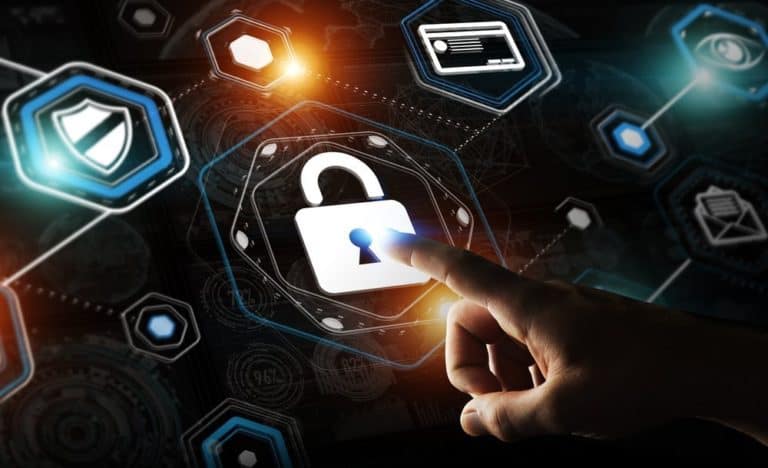Many businesses are trying their hardest to enable many of their employees to work from home. However, security is still a significant obstacle. In a new report from Zscaler, a security firm, only a third of decision-makers are confident that they have a secure remote infrastructure.
The company conducted a poll of 600 CIOs, CISOs, and heads of network architecture in Germany, Italy, Sweden, France, the Netherlands, and the UK. Each company has more than 3000 employees.
Two-thirds of the businesses’ apps are in the cloud, and almost half expect their number of remote workers to grow up to 50% by 2021.
Dealing with security
Security is still the primary concern in digital transformation, with the problem becoming worse each year. In many instances, the businesses are worried about the lack of in-house expertise and complexity in future challenges.
To deal with a growing remote workforce, some of the poll respondents are looking to adopt new security solutions, and most are planning to adopt Secure-Access Service Edge (SASE) by transitioning all entities simultaneously or transitioning separate entities over time.
Even though SASE has its benefits, the motivation to use it is security, according to the report.
The benefits of SASE
The thinking is that it reduces the risk of security threats across distributed data, controls all users and cloud platforms, reduces infrastructure complexity, and improves network visibility. Combining all this will allow the remote workers and their admins to meet their goals without compromising safety.
Adapting to the times is going to be hard without secure infrastructure. However, following the guidelines set by a strong security team with the right infrastructure will allow companies to work remotely while keeping their employees safe.
Tip: Zscaler wants to provide security for the cloud and mobile era
